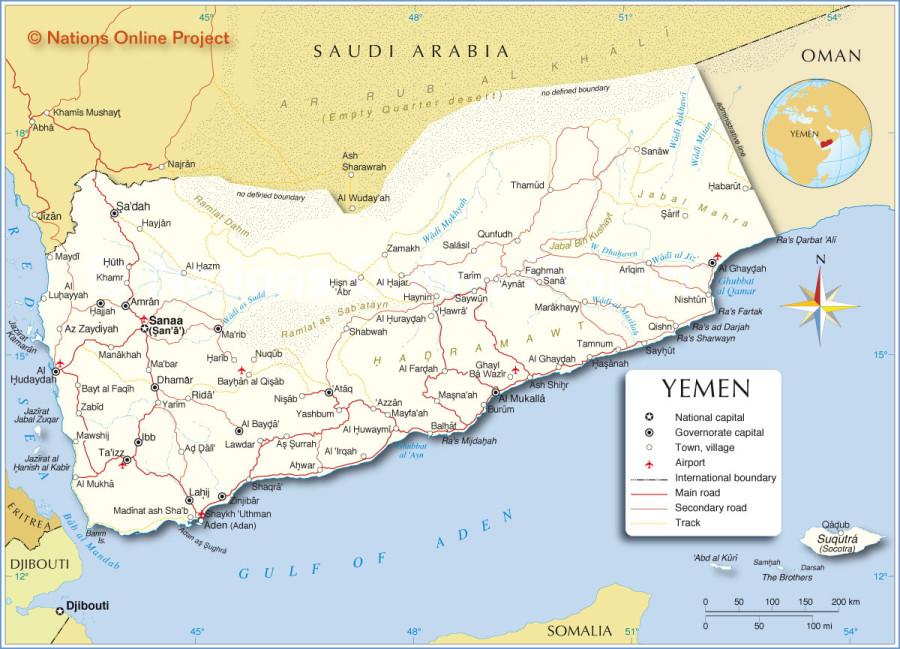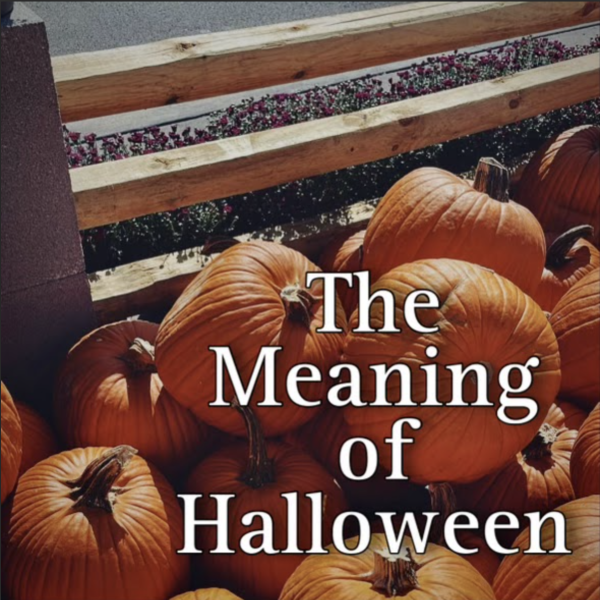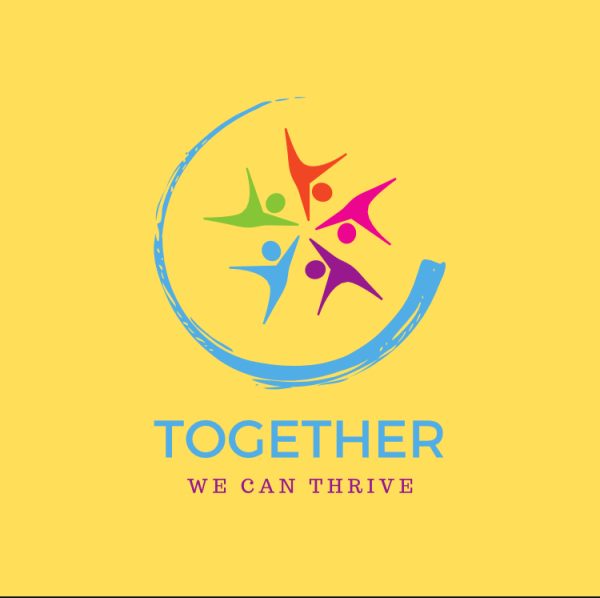SUICIDE BOMBINGS AT SANA’A
What started off as an Eid prayer at a mosque in Sana’a, Yemen, turned deadly after a suicide bombing, killing at least 29 people.
For Muslim people, Eid al-Adha, also known as the Feast of Sacrifice, is a celebratory holiday marking the end of the annual Hajj (an annual pilgrimage to Mecca). It is about commitment and obedience to Allah, as it commemorates the willingness of Ibrahim (known as Abraham among Christian and Jewish people) to sacrifice his son at Allah’s command. Allah, however, spared the boy, just as Ibrahim was about to sacrifice his son, and replaced him with either a lamb or ram.
On Eid, Muslim people that possess the financial ability to do so, sacrifice an animal – often a goat, sheep, or cow. The meat is distributed into thirds – they are supposed to eat one-third, share one-third with family, neighbors or friends, and donate the last third to the needy and poor. It is also a day for social gatherings, prayer, and the exchange of gifts.
The terrorist group known as ISIS has claimed responsibility for the bombing via social media, stating on their Twitter that it was “part of a series of military operations to revenge Muslim against Houthis”.
This is the sixth mosque attack in Sanaa within the last three months.
In addition to the suicide bombings in Sanaa, over 700 people were killed by a stampede outside Mecca, in the worst disaster to happen to the annual Hajj in 25 years. The Saudi Arabian crown prince has ordered an investigation.















